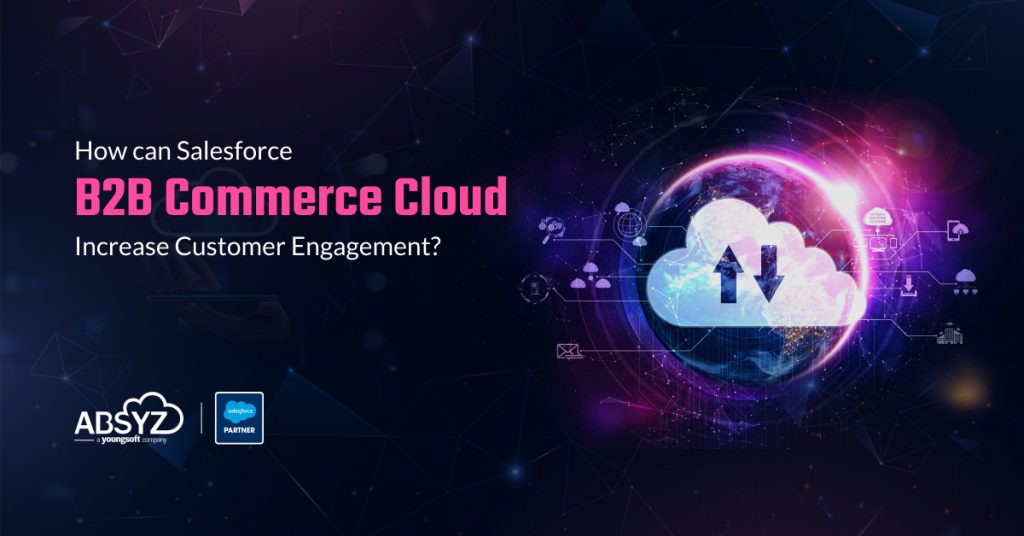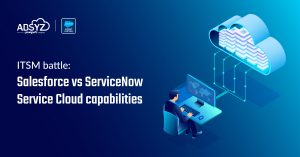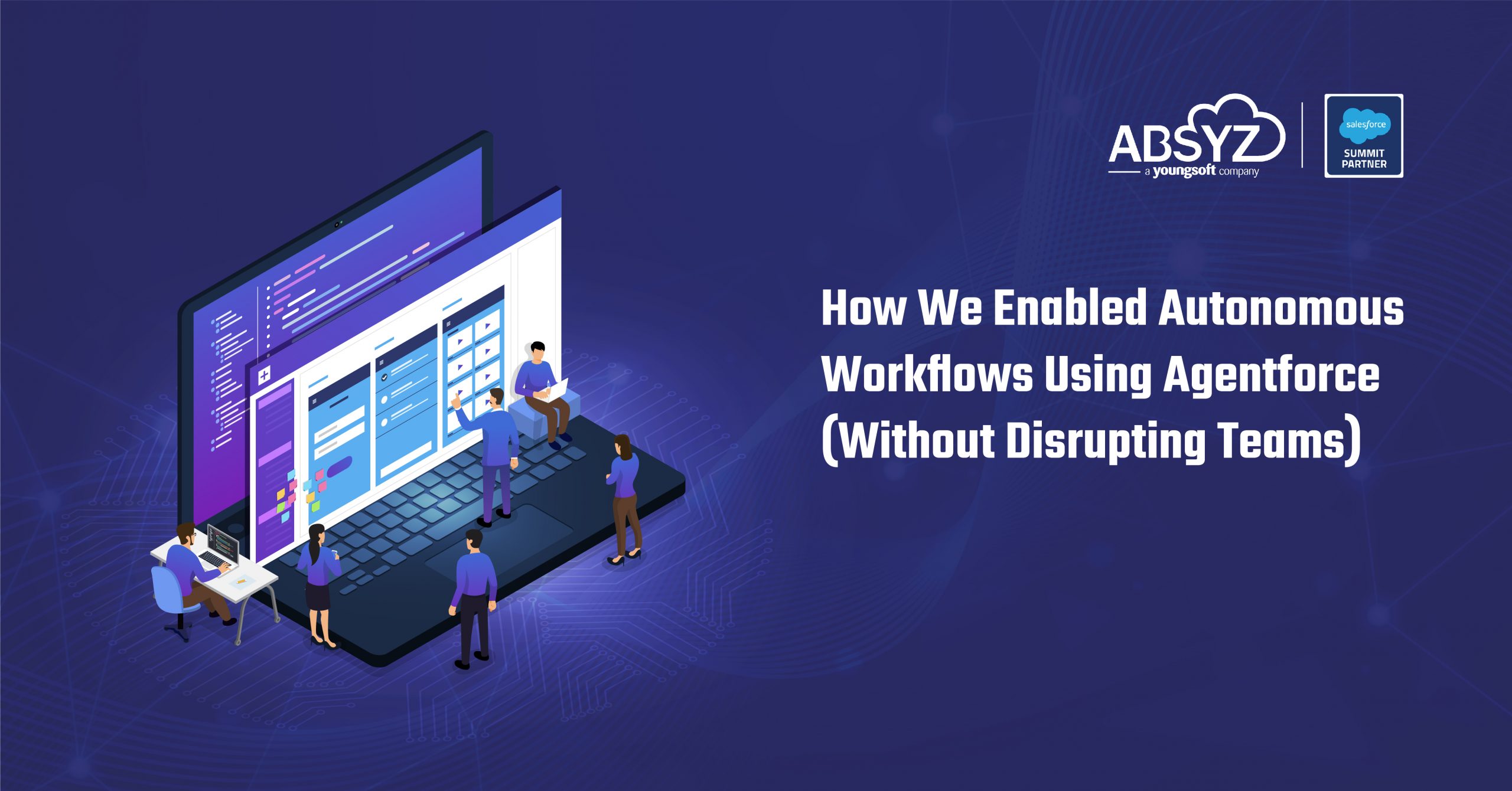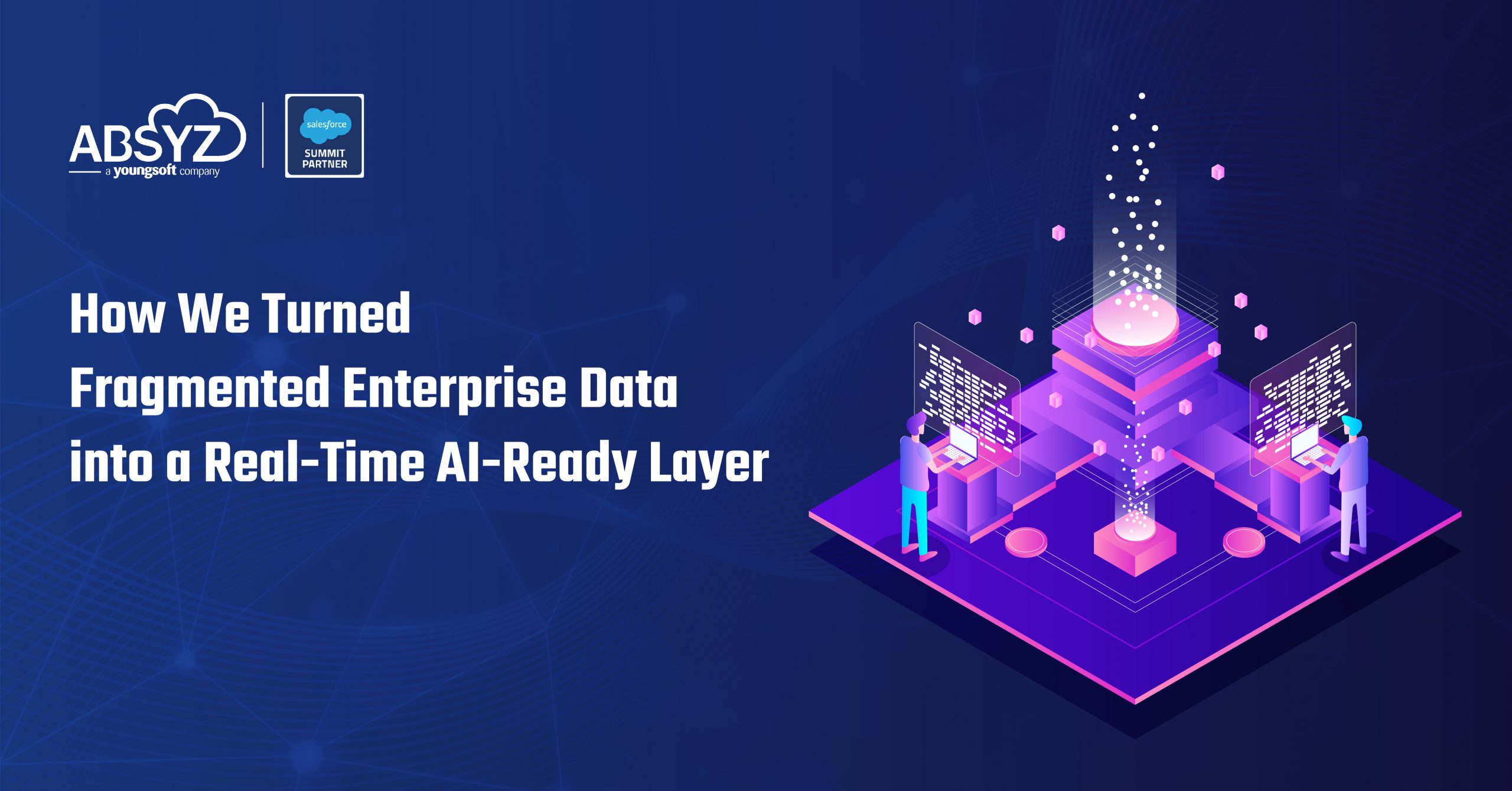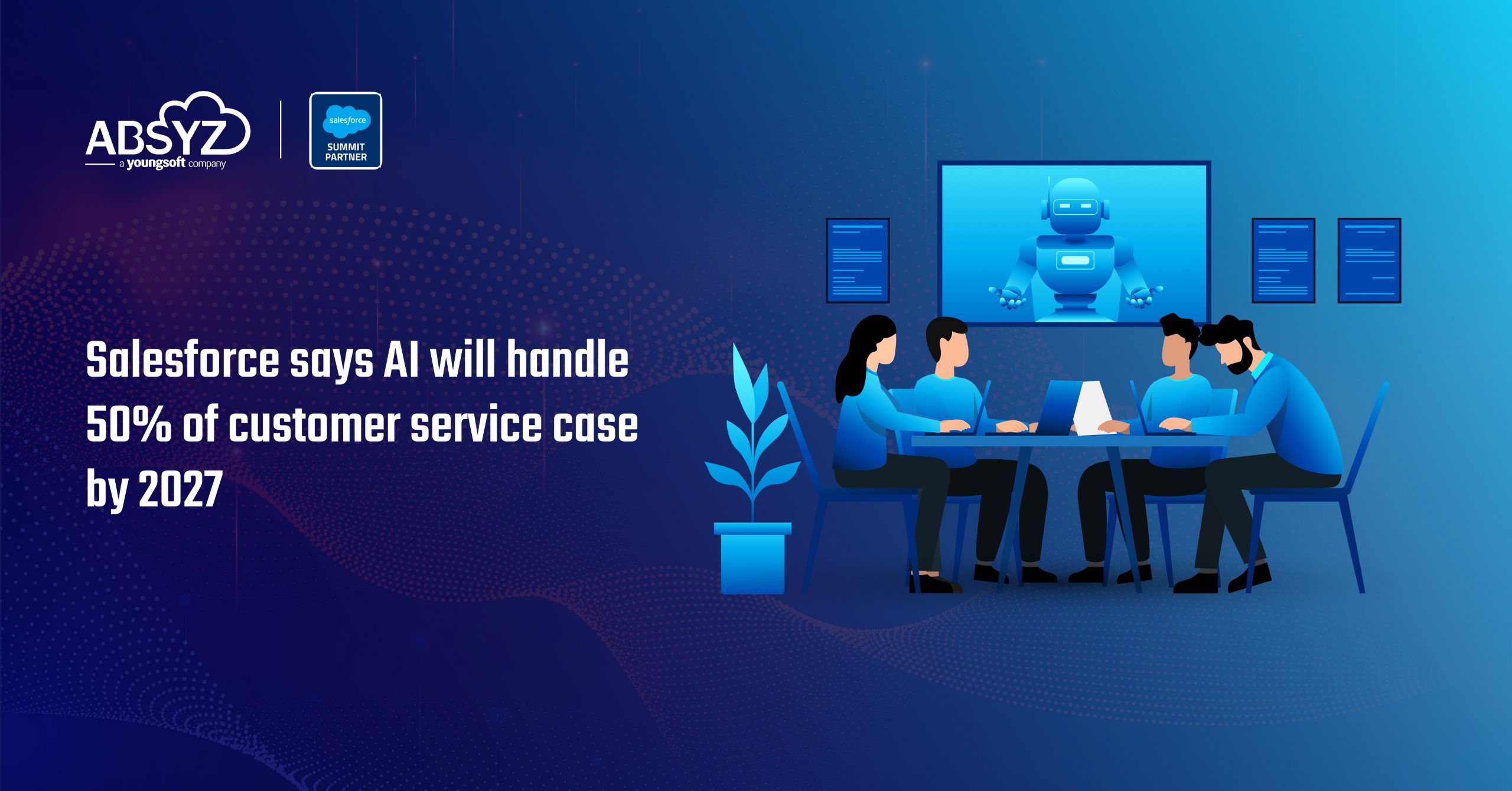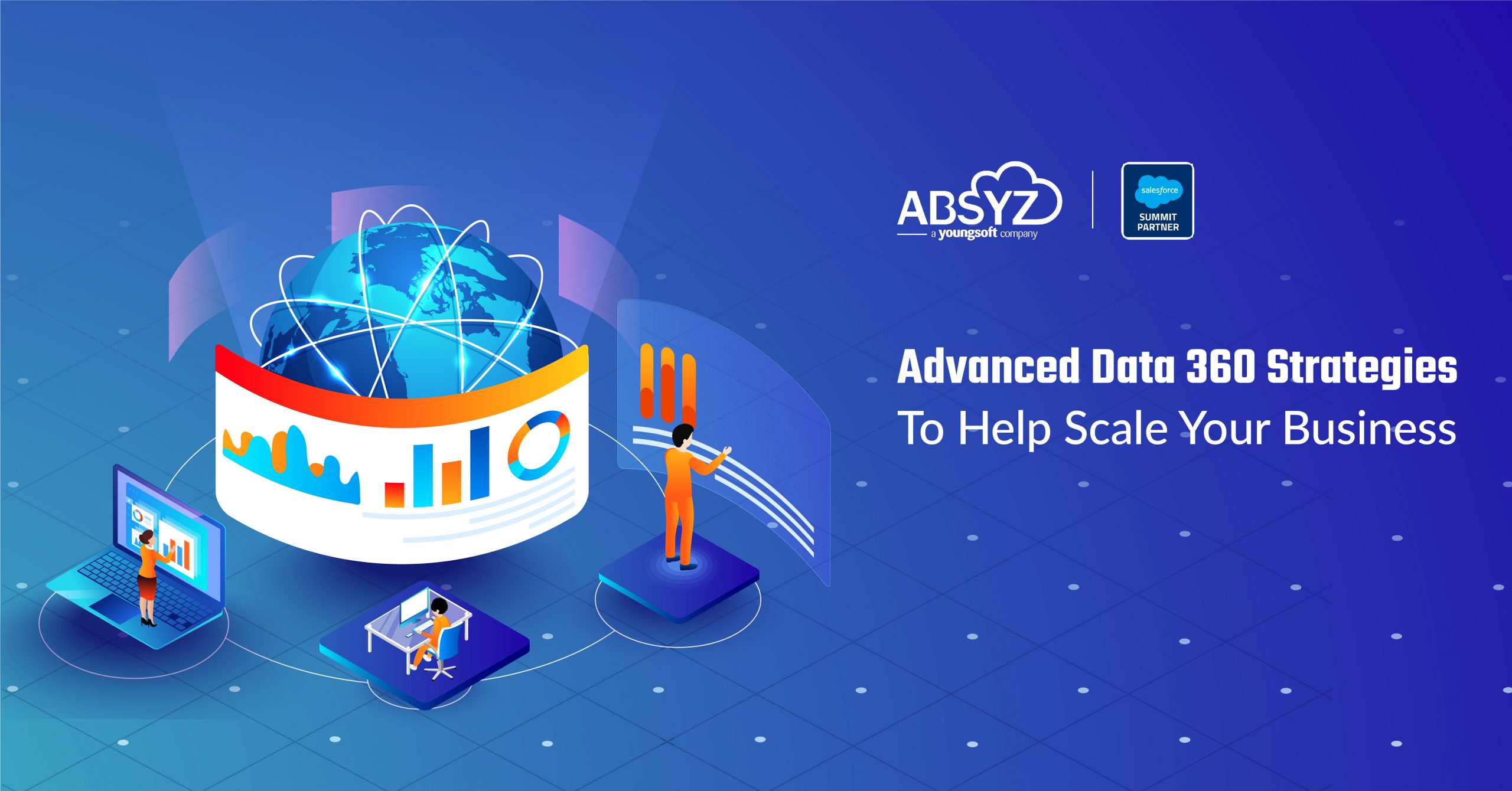B2B sales journey is often more complex compared to the B2C process. There are multiple stakeholders at each stage with the sales cycle being much longer as well. Additionally, since the stakeholders are so few in number compared to the B2C process, each individual customer must be catered to as much as possible. A seamless experience is the bare minimum as far as B2B is concerned.
Salesforce B2B Commerce cloud shines in its ability to provide an omnichannel experience, where you can pull in information from other clouds to give your customers the ultimate buying experience, completely personalized to their needs.
Here are certain features that make Salesforce B2B Commerce Cloud the product of choice for most companies on the market today.
Setting up an Omnichannel Experience
There are multiple features in Salesforce B2B Commerce cloud, which help businesses that are already part of the ecosystem to offer an omnichannel sales experience to their customers. Customers prefer to keep their CRM limited to a single platform for simplicity – Salesforce enables them to pull this off, since it minimizes the need to integrate with third party platforms when Salesforce already has a viable alternative. Additionally, information transfer between different clouds is done seamlessly, thus providing a superior sales and service experience.
Robust Recommendations and Custom Product Catalogs
Upselling and cross-selling to your customer base happens in every industry. But what recommendations to offer – this can be tricky as sending the wrong recommendations can be off-putting for customers. On the other hand, getting in right instills confidence in the customer’s decision to go with your business as they are now certain you have other offerings that they are interested in. This can be further leveraged by providing custom catalogs which implement different pricing rules for customers based on their data – something that businesses are often interested in implementing.
Inventory Tracking and Management
There are chances of a disconnect developing between the inventory tracking system and the actual inventory status, especially if the business has outlets in multiple locations. This problem is magnified in large-scale businesses, where no single individual has complete oversight over the inventory management system or where updates do not happen as and when they occur.
B2B Commerce minimizes this risk by allowing businesses to track their inventory information in real-time, thus enabling them to view accurate data only. Providing important data such as delivery time estimates based on location, payment methods, and availability becomes easier when you have a system like this.
Not only is this useful for providing a better experience, it can also help companies gain insights into other large-scale trends regarding their own performance, which can help them optimize existing processes.
Setting Up a Well-Defined Sales Flow
The B2B sales process tends to be complex, especially since each customer is much more of a priority compared to a B2C customer. Therefore, having a well-defined sales flow is a matter of paramount importance. Prospective customers need access to data with the least amount of hindrances to ensure maximum lead conversions.
Setting up Online Support
Businesses are increasingly moving towards implementing online support features such as chat, which allow businesses to offer support immediately, as compared to call support that would normally limit a representative to just one customer at a time. Customer support executives can communicate and resolve issues of multiple customers simultaneously, thus increasing their productivity. Good customer service is also a huge factor in instilling confidence and trust in the company.
Case Management Features
Businesses can track progress made on cases raised by customers using Salesforce B2B Commerce Cloud’s case management features. These cases can be assigned to customer service representatives, who can access information regarding the customers and communicate with them directly through the platform itself.
Gather Product/Service Reviews
The B2B Commerce Cloud can also be set up to gather reviews and ratings from customers directly, thus helping businesses learn more about the impression customers have of their products and services. This information can be invaluable, especially when designing new offerings, which can use these inputs to offer better products. Additionally, when customers feel heard and are confident that this is a business that takes their concerns seriously, they are more likely to stick with the brand.
Conclusion
Given how competitive the prevailing market landscape has become vis-a-vis the B2B scene, it is of critical importance to offer a premium sales experience to clients, especially when they are representing businesses themselves. Since the stakes involved are quite high, it is essential to go with a trusted and reliable platform such as B2B Commerce Cloud that reduces your worries and lets you focus on other aspects of your business, instead of worrying about infrastructure. Given Salesforce’s zeal to provide their customers with nothing but the best, evidenced by their frequent updates in recent releases to the Cloud, choosing this option is the obvious choice for any business looking for an optimal solution.

